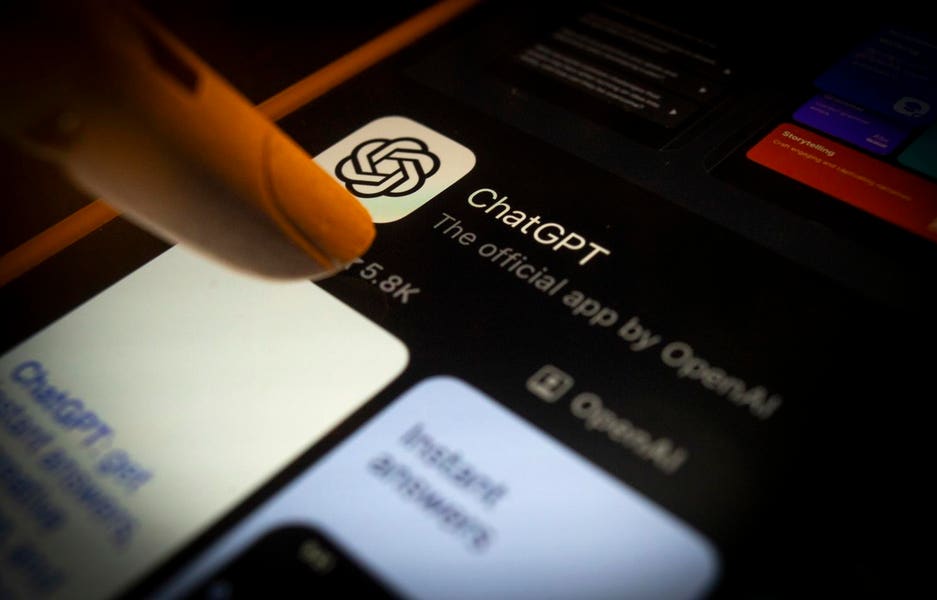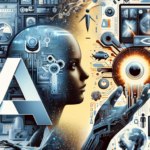From baseball to college admissions, a wave of change is anticipated due to artificial intelligence (AI). This week, the media buzzed with business drama as OpenAI reportedly dismissed and then reinstated its co-founder and CEO, stirring up discussions about the impact of AI.
The influence of AI on healthcare and public perception is the focal point of two recent articles. Despite lingering uncertainties, consumers generally hold a positive outlook on the potential benefits of AI in healthcare.
A recent survey by the Deloitte Center for Health Solutions revealed that approximately 53% of participants believe that generative AI could improve healthcare accessibility, while 46% think it could reduce healthcare costs. Among those already utilizing AI, these figures were notably higher—69% and 63%, respectively.
Conducted in the fall of 2023 with a sample of over 2,000 individuals in the U.S., the Deloitte study indicated that 48% of respondents were already leveraging generative AI, with a significant majority (84%) being aware of its existence. Following leisure and work-related tasks, health and wellness ranked as the second most common reason for AI usage among respondents. Specifically, 19% of individuals utilized AI to gain insights into specific medical conditions, while a similar percentage used it to decipher medical or health insurance terminologies (15%) or explore treatment options (16%).
Interestingly, insured respondents (47%) were more inclined to use generative AI for healthcare purposes compared to uninsured individuals (38%). The latter group showed a higher tendency to utilize AI for mental health support (17% vs. 10%), finding healthcare providers (13% vs. 9%), and seeking medication recommendations from physicians (10% vs. 7%).
These disparities suggest that AI may be bridging gaps in healthcare access for the uninsured population, emphasizing the importance of relational AI in delivering reliable outcomes—a sentiment echoed by the majority of users. According to the Deloitte study, 69% of individuals leveraging AI for health-related purposes deemed the information received as highly reliable, with only 5% expressing doubts about its accuracy.
However, caution is advised by Bill Fera, M.D., a Deloitte Consulting LLP director, who contributed to the report. Fera emphasizes the need for consumers to verify AI-generated findings with healthcare professionals, highlighting the potential biases that could exist within AI models.
Despite the caveats, consumers remain optimistic about the transformative potential of generative AI in healthcare, with 71% believing it could revolutionize healthcare delivery. Fera attributes this optimism to consumers’ desire for personalized healthcare experiences, facilitated by AI-driven tailored interventions and improved access to care.
Moreover, consumers express comfort in using AI for various healthcare tasks, including identifying new treatments (71%), interpreting lab results (66%), selecting treatments and medications (58%), assessing treatment urgency (54%), and even aiding in diagnosis (51%). This comfort is contingent on accountability, with 83% of respondents emphasizing the importance of transparency from healthcare providers regarding the use of conceptual AI for medical support.
As the landscape of healthcare evolves with AI integration, building trust and understanding among consumers is paramount. While concerns about data security and reduced provider interaction persist, efforts to educate consumers about AI and enhance transparency in its usage could alleviate apprehensions and foster greater acceptance of AI in healthcare practices.






